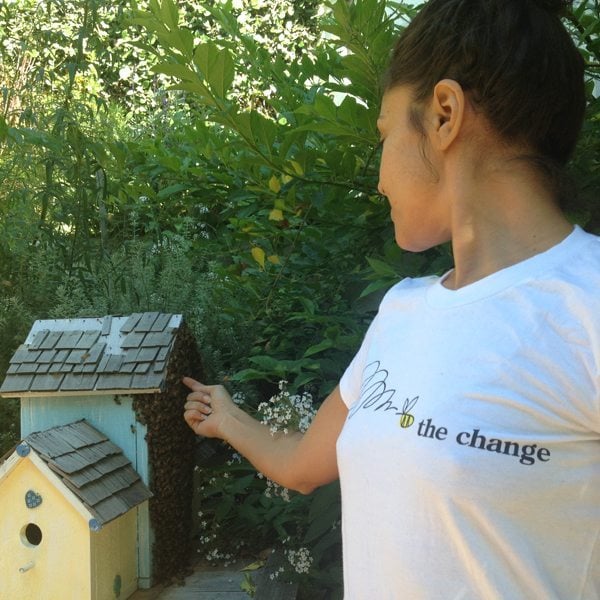Recently, I got an email from Peter Defazio, U.S. Representative for Oregon’s 4th congressional district, featuring a response to a fellow beekeeper, Philip Smith, about the Conyers-Blumenauer “Save America’s Pollinators Act,” H.R. 2692. (Dafazio has been in office since 1987). The letter clearly outlines how the act would eradicate the systemic pesticides that needlessly kill all pollinators—and why he thinks Republicans won’t allow it to get to the House floor for a vote. Here’s the entire letter:
Dear Mr. Smith:
Thank you for contacting me in support of the Conyers-Blumenauer Save America’s Pollinators Act, H.R. 2692. We are in complete agreement and you will be happy to know that I am a current cosponsor of this leg islation . Unfortunately, it is highly unlikely that House Republicans will allow H.R. 2692 to come to the House floor for a vote. Frankly, my Republican colleagues are only interested in voting on anti-environmental legislation.
In June 2013, over 50,000 bumblebees were killed in Oregon as a direct result of exposure to a neonicotinoid applied to Linden trees for cosmetic purposes. Scientists have linked the use of systemic neonicotinoid insecticides to the rapid decline of pollinators and to the deterioration of pollinator health. Recent science has demonstrated that a single corn kernel coated with a neonicotinoid is toxic enough to kill a songbird
The Save America’s Pollinators Act, H.R. 2692 would direct the Environmental Protection Agency to suspend the registration of certain neonicotinoid insecticides until EPA determines that those insecticides will not cause unreasonable adverse effects on pollinators. H.R. 2692 would also direct EPA and the Department of the Interior to regularly monitor the health and population status of native bees and identify the scope and likely causes of unusual native bee mortality.
Pollination services are a vital part of agricultural production. These services are valued at over $125 billion globally and worth $20 billion to $30 billion in agricultural production annually in the United States. One-third of food produced in North America depends on pollination by honey bees, including nearly 95 varieties of fruits such as almonds, avocados, cranberries, and apples.
Unfortunately, over the past several years, documented incidents of colony collapse disorder have been at a record high, with some beekeepers repeatedly losing 100 percent of their operations. During the winter beginning in 2012 and ending in 2013, United States beekeepers, on average, lost 45.1 percent of the colonies they operate. According to scientists of the Department of Agriculture, current estimates of the survivorship of honey bee colonies show they are too low to be able to meet the pollination demands of United States agricultural crops.
You can be sure I will do what I can to conduct oversight on the use of pesticides and their impacts on various species and human health. Thanks again for contacting me and please continue to stay in touch.
Sincerely,
U.S. REPRESENTATIVE PETER DeFAZIO
Fourth Congressional District, Oregon
Please submit further correspondence by visiting the Congressman’s website
Sign up for Congresman DeFazio’s E-Newsletter
Check out Congressman DeFazio on Facebook
Follow Congressman DeFazio on Twitter
Watch Congressman DeFazio on Youtube
HoneyColony is donating a portion of every sale of our Bee The Change T-Shirt to support ongoing efforts to stop the poisons that are killing bees and beings. Thank you for your support!






1 thought on “Save America’s Pollinators Act”
Thank you Maryam and Rep Defazio for caring about the bees!
Comments are closed.